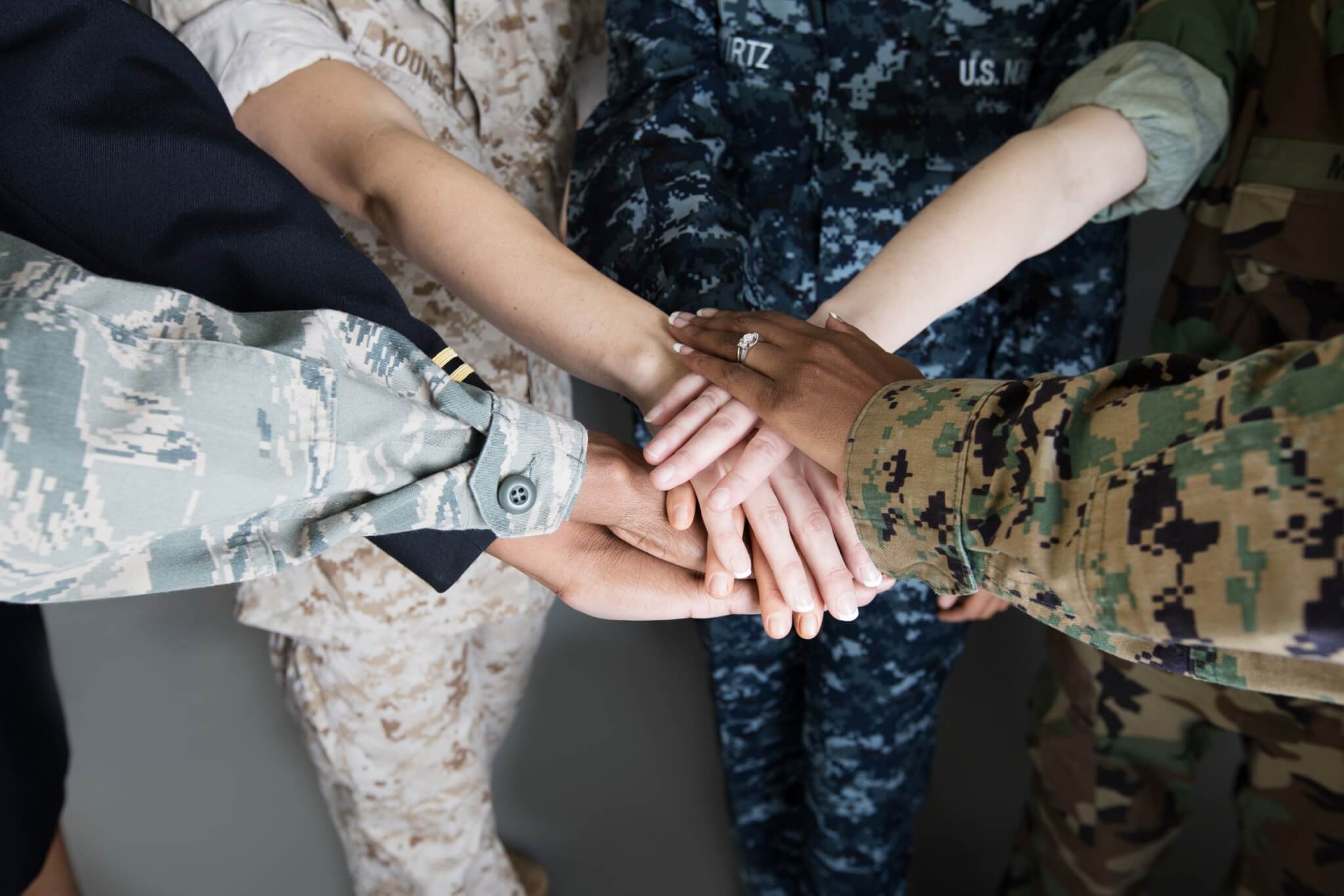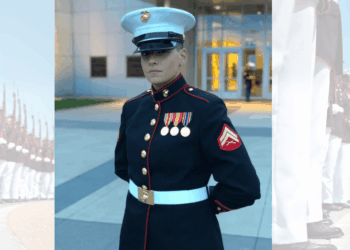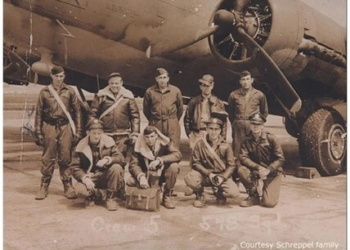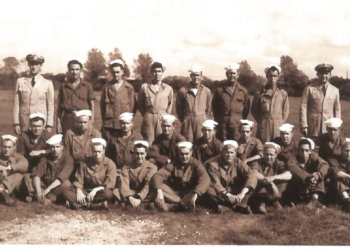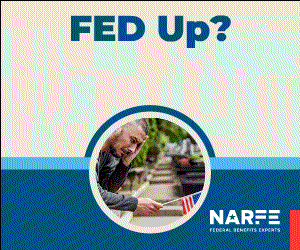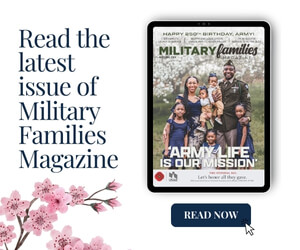As someone who once battled homelessness herself, Jas Boothe knows the complex challenges many women veterans face. Boothe is the founder of Final Salute — an organization that assists women veterans and their children who are facing financial strain or homelessness.
In 2005, Boothe was a single parent in the Army Reserve living in New Orleans gearing up to deploy. When Hurricane Katrina struck, she lost everything. The following month, she was diagnosed with an aggressive head, neck and throat cancer. Suddenly unable to deploy, her options were few. She needed to now find a job, a place to live, treatment for her cancer and care for her son.
While researching options for women veterans, Boothe discovered there were very few.
“Shelters are made for men. The VA was created to support male veterans,” she said. “Women have been serving for over 100 years but we’re just now starting to be tracked in terms of the resources we need.”

Boothe found that government-funded programs were off-limits since those in her region didn’t take in women with children. She sought assistance from her chain of command but nothing came to fruition. Soon, she found herself homeless, with a young son to care for and a crushing cancer diagnosis that needed treatment.
“We’re not seen as the servers, but I know firsthand that IEDs don’t gender discriminate. We are two casualties of war — both in service and after. This outdated ideology leads to the lack of support and a lack of problems,” she said.
Now on full-time duty with the Army in Washington, D.C., she has made it her mission to aide women veterans. Since Final Salute was founded in 2010, the organization has helped more than 7,000 women veterans and children in over 30 states and territories.
“On any given day, there are an estimated 55,000 homeless women veterans,” Flordeliza Gainey, a volunteer with the organization, said. She retired from the Army in 2015 after serving 11 years on active duty and finishing up her doctorate in medical science.
“Since I didn’t do my full 20, advocating for women veterans is a way to continue my service to my country,” she said.
According to Gainey, because of the high number of women veterans who are at risk for Military Sexual Trauma (MST), there is a need for more resources. Compounding that issue is that many women don’t self-identify as veterans and are often underestimated or unaccounted for in homeless populations.
“MST, mental health and PTSD issues are all contributing factors to homelessness, especially if the service member doesn’t have a support system,” she said. “If the military is all a service member has and she’s discharged, what happens if she has no support or a home to go back to.”
During her volunteer work at a local shelter, retired Army Staff Sgt. Amanda Siddons realized that she’d never helped a single woman veteran, even though an average of five veterans came to the shelter every night. As a Final Salute volunteer, Siddons is most interested in helping women who may have been victims of MST.
“I am an MST survivor and I can tell you that it plays a major role in women seeking assistance from the military and the VA. There is a complete loss of trust and the avoidance of anything that may trigger panic and anxiety. Sitting in the waiting room filled with male veterans is extremely uncomfortable,” Siddons said.
A report published in JAMA Psychiatry found that MST has long-term negative impacts on service members and is a determinant in post-deployment homelessness. The Department of Veterans Affairs recently awarded $1.3 million in grants to support veterans found to be at an elevated risk of suicide from experiencing or being at risk of homelessness.
VA Secretary Robert Wilkie noted that current data shows veterans are at higher risk for suicide after facing eviction or at the onset of homelessness, according to a press release. The VA plans to release over $400 million in awards to existing homelessness programs in all 50 states, US territories, and Washington, D.C.
While these efforts to address homelessness are a positive step, there is still a need for solutions to the systemic challenges that women veterans face, namely the lack of access to women-specific care. For Boothe and the volunteers at Final Salute, these changes start locally.
“As a country, we’ve been reactive when it comes to social issues and helping our veterans. What we need to do now is make changes to our systems. We don’t need more studies, we need more resources,” she said.
Resources available to homeless women veterans
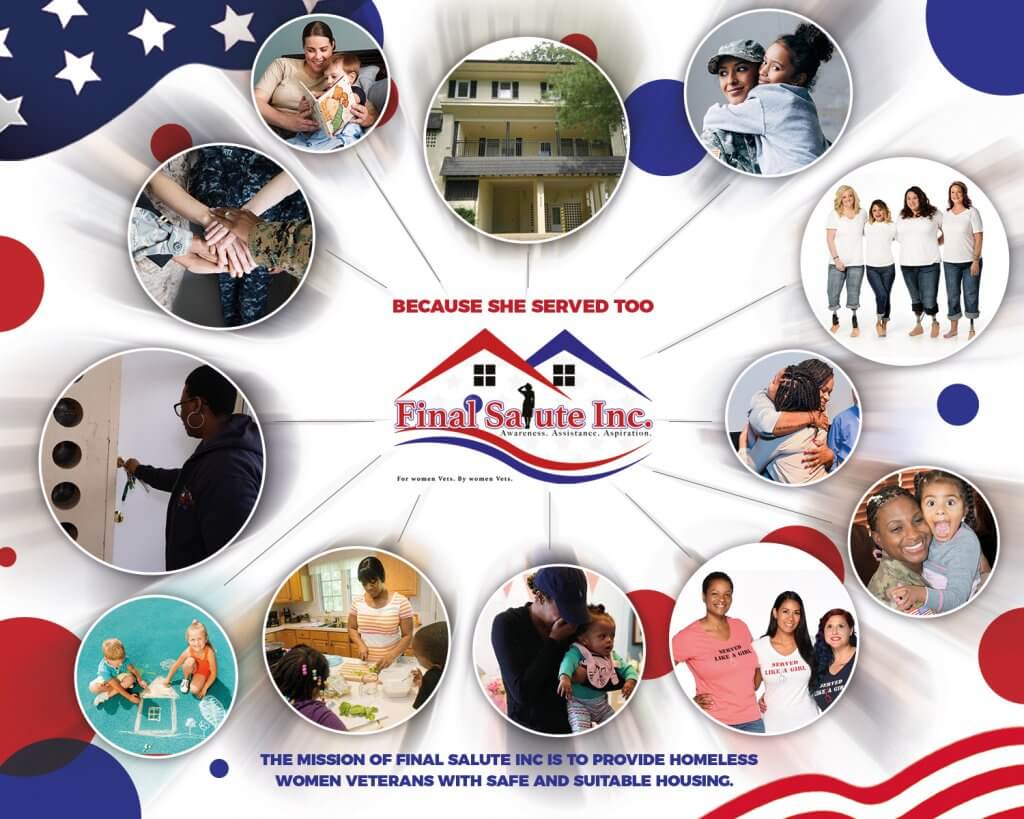
Homelessness Prevention and Rapid Re-Housing Program (HPRP) community organizations provide rapid re-housing and homeless prevention assistance to individuals who recently became homeless or who would become homeless without this intervention.
Homeless Veterans’ Reintegration Program (HVRP) through Department of Labor Veterans’ Employment and Training Service (DOLVETS) connects homeless veterans, including women, to gainful employment.
HUD-VA Supportive Housing Program (HUD-VASH) provides eligible veterans with VA case management and Section 8 vouchers through the local public housing authority.
Supportive Services for Veteran Families Program (SSVF) provides supportive services to extremely low-income veterans and veteran families who are currently transitioning to permanent housing.
Veterans Prevention Demonstration Project provides the intervention and support that homeless women veterans need to secure a self-sufficient life.
Visit Final Salute to learn more about its mission and programs.
Read comments

